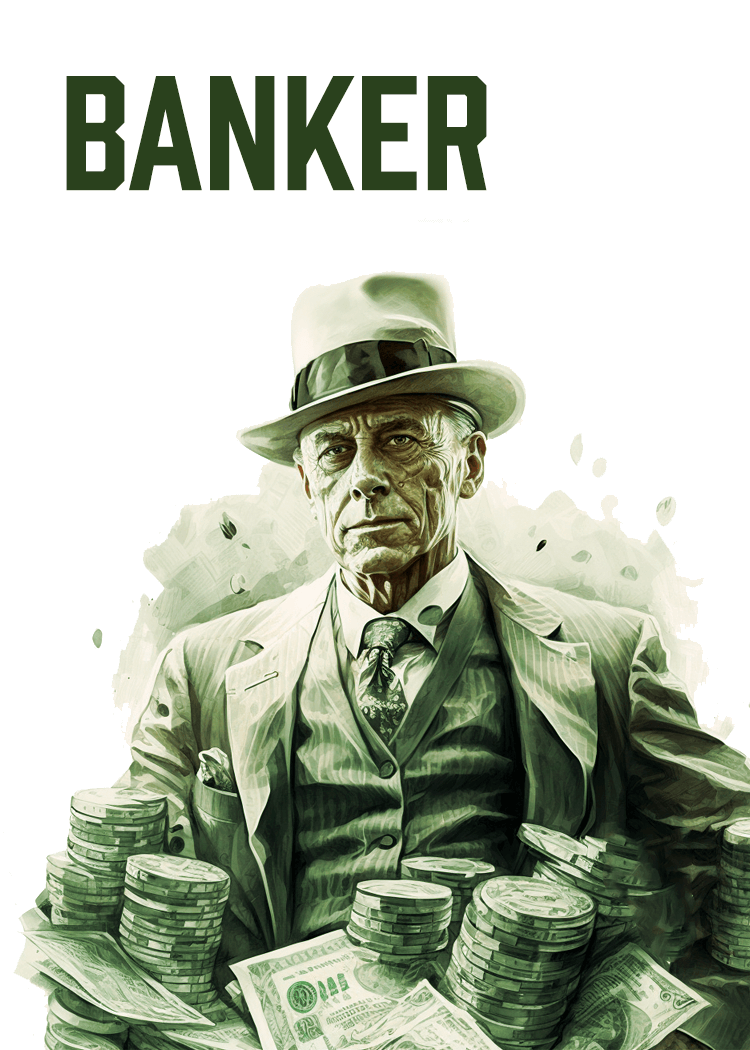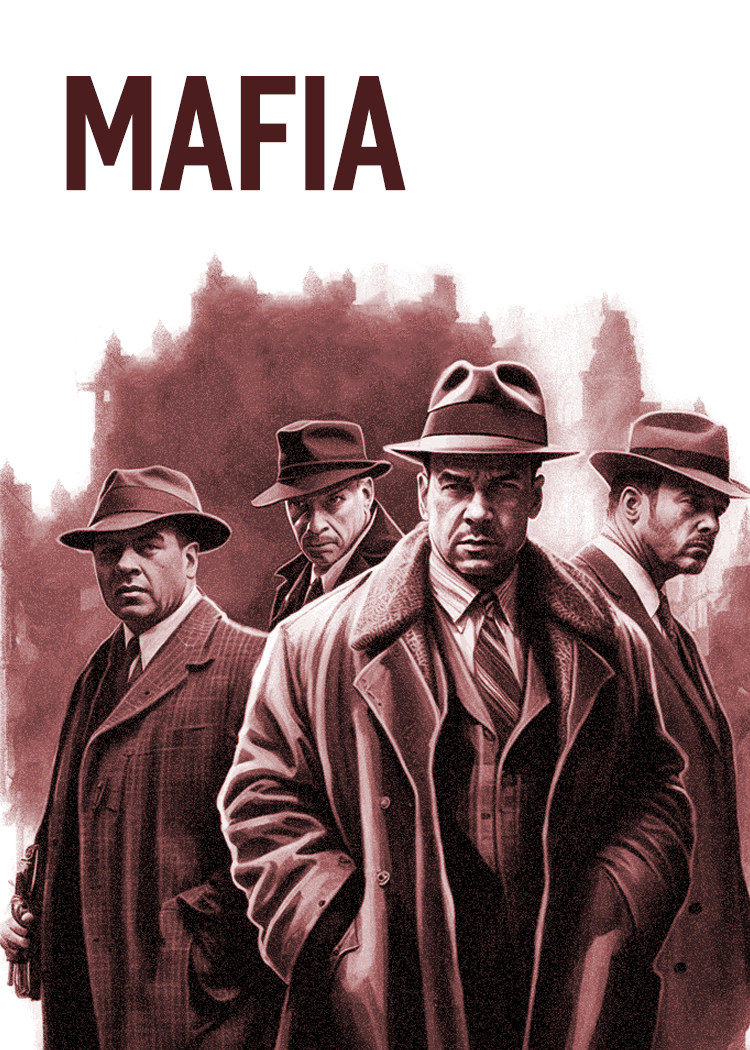CONFLICTOLOGY
RULES
Conflictology: Capitol is a strategic card game of deception and political intrigue for 2–6 players.
Set in a dystopian Capitol, players use influence cards to gather resources, outwit opponents, and eliminate rivals through bluffing and bold moves.
Open the extension in your browser and pin it to the toolbar: First locate the puzzle piece icon in the top-right corner of the browser. Click it to open the Extensions menu, then find the extension you want to pin and click the pin icon next to it. This will move the extension icon to the toolbar for easy access.
Influence Cards
The game has 18 Influence cards (6 types, 3 of each).
Every player starts with 2 cards—your influence in the Capitol. These define the actions you can take… or bluff.






The last player with any cards wins.
Protect your cards, bluff smart, and strike when the moment’s right.
If you lose a card, you don’t get a new one—play wisely.
Game Actions
On your turn, you can perform one of the General actions: Income, Foreign Aid, Scandal, or use Influence cards (Character actions): Banker, Hacker, Mafia, Reporter, Judge or Police. Other players may Block or Challenge your actions.
Income
Take $1M from the Treasury. A safe and unblockable source of money.
Foreign Aid
Take $2M from the Treasury.
Scandal
Pay $7M to launch a scandal against a Target player. They must lose 1 influence card.

Banker
Take $3M from the Treasury. Also has the power to block Foreign Aid actions by other players. Greedy but powerful.

Mafia
Steal up to $2M from Target player. If they have less than $2M, take whatever they have.

Hacker
Pay $3M to force a target player to lose 1 card. If blocked, hack fails, but the Hacker's fee is not refunded.
If a player challenges your Hacker and fails (you do have one), they lose 2 influence cards. One card for losing the challenge, and one for completed hack.

Reporter
If you announce a Reporter action and no one challenges:
Draw 2 cards from the deck. You may choose to exchange one or both with your current face-down cards. Then return 2 cards of your choice to the deck, face-down. This lets you refresh your role options or bluff more convincingly.

Police
Investigate: Look at one of a target player's face-down cards. You may either ① Let them keep it or ② Force them to discard it and draw a new card from the deck
Swap: Draw 1 card from the deck. You may swap it with one of your face-down cards. Then return 1 card to the deck.

Judge
Targeted player may claim the Judge to block Hacker.
If you try to block a Hacker by falsely claiming Judge and lose the challenge, you lose 2 influence cards.
Blocking & Challenging
What is Blocking?
A counter-move that allows any player to interrupt another player's action, as long as they claim to have the necessary character on one of their Influence cards.
When your action is blocked, you have two options:
- Accept the block:
Your action is not executed, and you skip your turn. The player who successfully blocked your action then puts any card from their hand back into the deck, shuffles, and picks another card. - Challenge the block:
If you believe the blocker is bluffing about having the required card, you can challenge them.
What is Challenging?
When you question whether another player actually has the influence card they claim to have when taking an action or blocking.
When you challenge a player:
- If you're right (they were bluffing):
That player loses an influence card of their choice, and the action or counter-action fails. - If you're wrong (they had the card):
YOU lose an influence card. The challenged player then returns their revealed card to the deck, shuffles, and draws a new one. Their action proceeds successfully.
How to Play
Install the Conflictology browser extension from the Chrome Web Store.
Once it’s installed, click the puzzle icon in the top right corner of your browser, find Conflictology, and pin it for quick access. Then just click the icon anytime to start playing!
Players can either Create a Game or Join an existing one using a shared code. The host (the one who creates the room) should share this code with friends so they can join.
Play while on a video call (Zoom, Meet, Teams) to fully enjoy the bluffing, reactions, and face-offs!
Once there are at least 2 players in the room, the host can start a game.
On your turn, you must take one action:
- Choose an action (basic or character-based)
- Other players may challenge or block (if applicable)
- Resolve any challenges or blocks
- Complete your action (if not prevented)
- Play passes to the next player